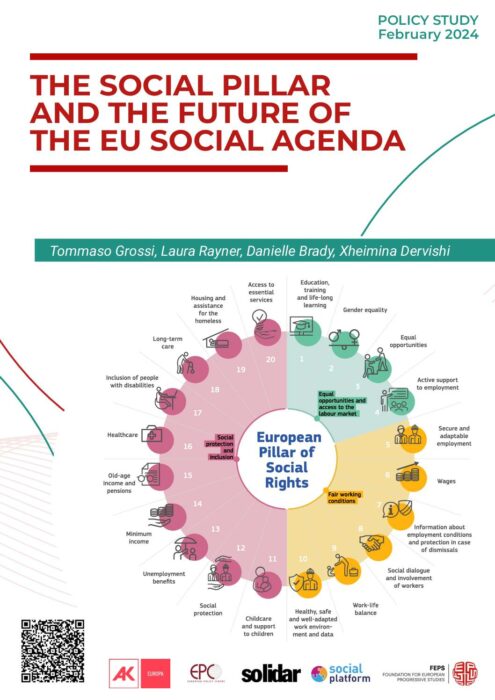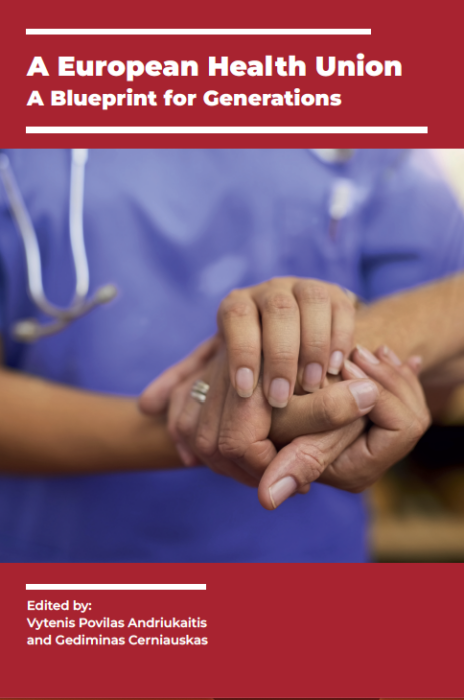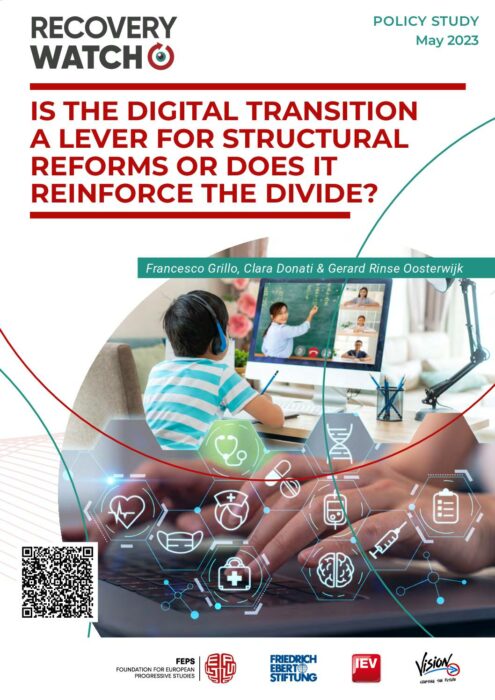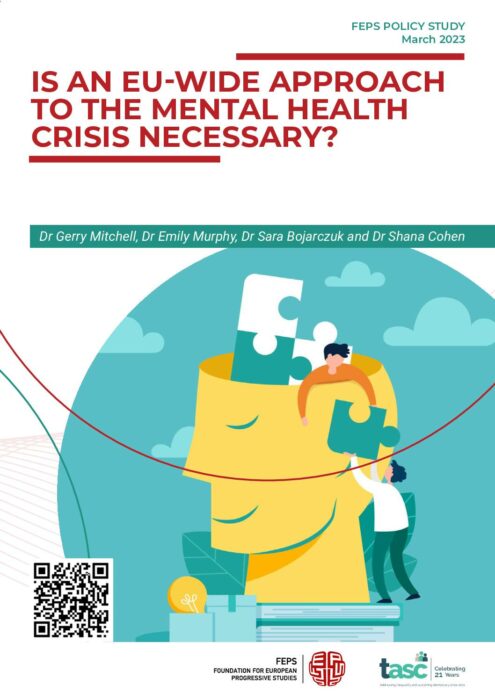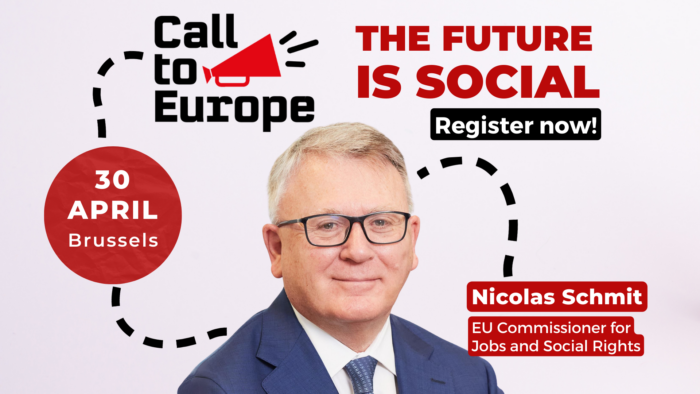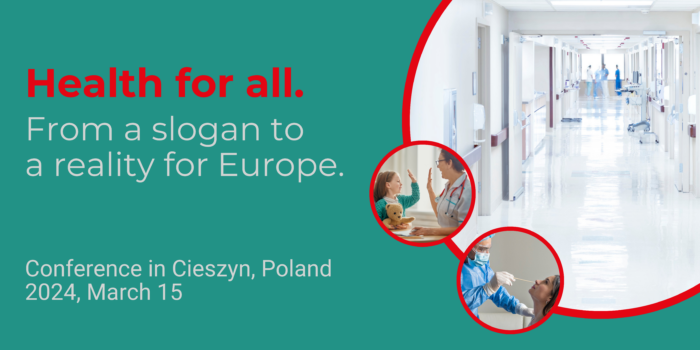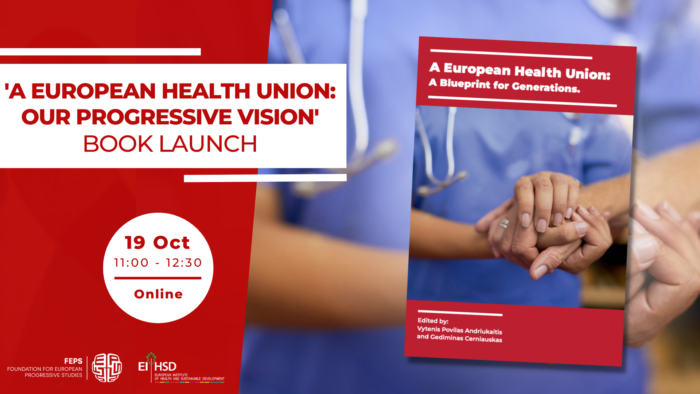Network
Find all related publications
Publications
Find all related events
Events
Past
Find all related news
News
Find all related in the media
In the media
European Health Union to Strike the Balance between Free Movement of Health Workforce and Universal Health Coverage
by Euractiv 14/02/2023

